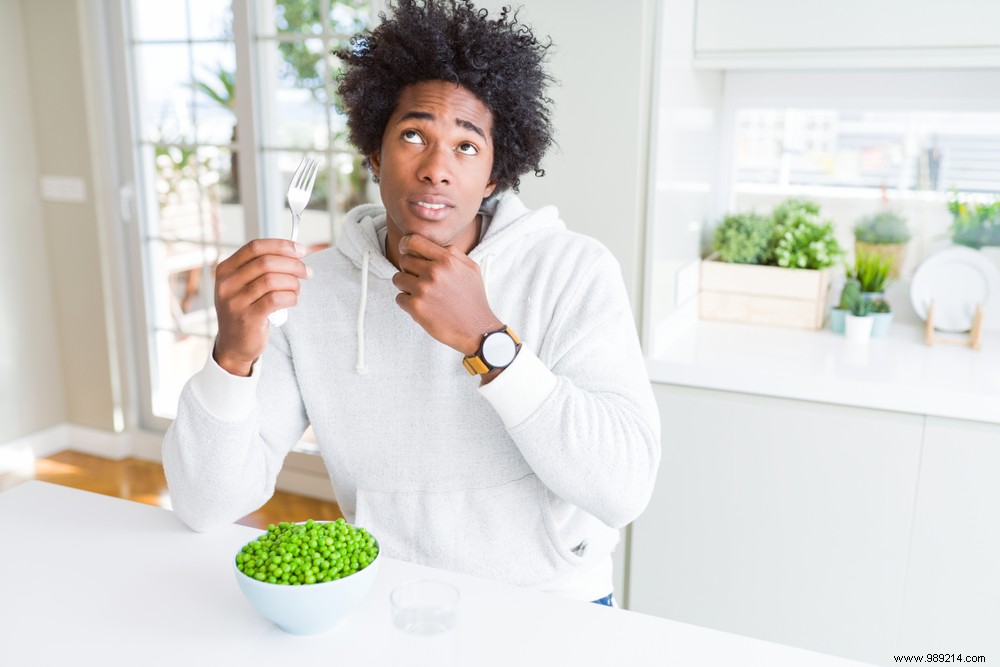
A poorly preserved dish, spoiled food, an expiry date that has passed... A lack of hygiene can cause food poisoning, sometimes with unfortunate consequences. Let's review together the few rules of food hygiene to know.
Lack of hygiene:number one cause of food poisoning
Suffering from nausea, vomiting, fever, and diarrhea? Maybe the seafood platter you devoured yesterday wasn't so fresh! You are the victim of food poisoning, a digestive infection caused by ingesting food or drink contaminated with bacteria (E. coli, salmonella, listeria, etc.), a parasite, or a virus. The first symptoms usually appear within 24 to 72 hours after ingesting the contaminated food. In the majority of cases, this infection results from a lack of food hygiene such as:
Natural tips to heal quickly
You're starting to feel bloated and you're on your way to many trips to the toilet... To cure food poisoning, some natural remedies can be effective:Drink a cup of ginger tea to soothe heartburn / Eat yogurt to fight bacteria. Yogurt has antibacterial and antimicrobial properties / Drinking lemon juice for its anti-inflammatory properties / Consuming cumin seeds to relieve abdominal pain.
Food:adopt the right gestures
Unsure about the freshness of a food? Don't take any risks with your diet. Go to the trash!
Here are the good hygiene rules to adopt to avoid being contaminated:
Plastic, aluminum:are the containers toxic?
I am the star of supermarkets, I can be found on all the shelves and I pack all kinds of food. Who am I ? Plastic, of course!
The concern is that the latter contains harmful substances which can migrate into food, especially with heat and time. Our first piece of advice is to avoid reheating food in a plastic container at all costs. With aluminum, the situation is no more optimistic, because small particles can also migrate into food.
What about cardboard then? Cardboard packaging contains mineral oils that can migrate into food. These oils are carcinogenic substances. To limit the migration of toxic particles as much as possible, stop buying plastic bottles and favor the use of a water bottle, avoid disposable tableware (cups, cutlery, plates, etc.) and the use of cling film. Finally, buy your food in bulk to limit packaging. If you must choose a container that is safe, natural, and harmless, go for glass. Perfectly impermeable, no particles migrate into food. Glass can withstand heat very well. It's also an eco-friendly material, as it can last for years without deteriorating!
Follow our advice to protect your health from the risk of migration of harmful substances into your food with this video.
Each year in France, between 10,000 and 13,000 people suffer from food poisoning. In 30% of cases, contamination occurs after a family meal. Remember that if you have the slightest doubt, it is better not to consume. Your belly will thank you!